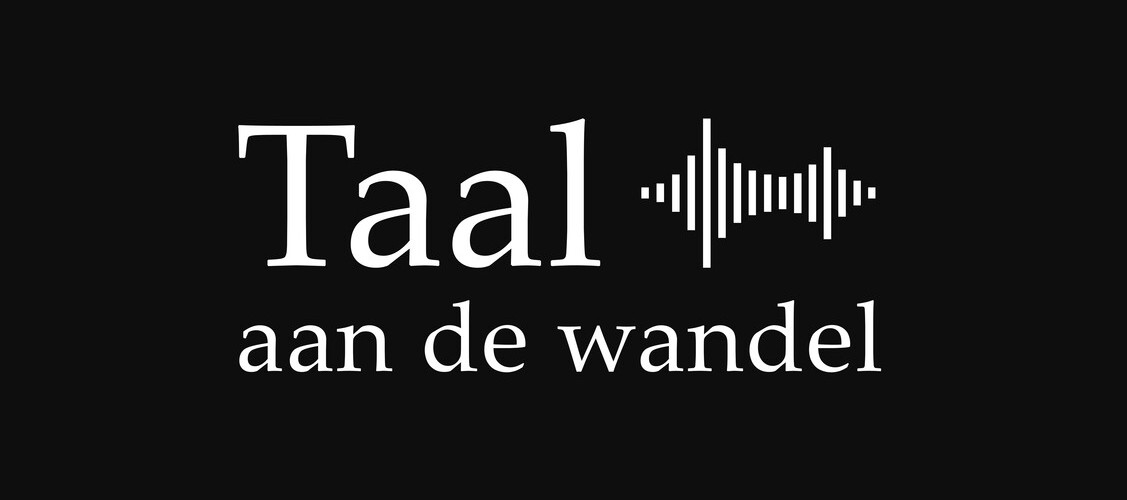


DJO-in ['ʤowɪn]
Historisch taalkundige, dialectoloog, leraar NT2, redacteur, auteur bij Onze Taal
Historical linguist, dialectologist, Dutch teacher, editor, writer
This profile is from a federated server and may be incomplete. Browse more on the original instance.